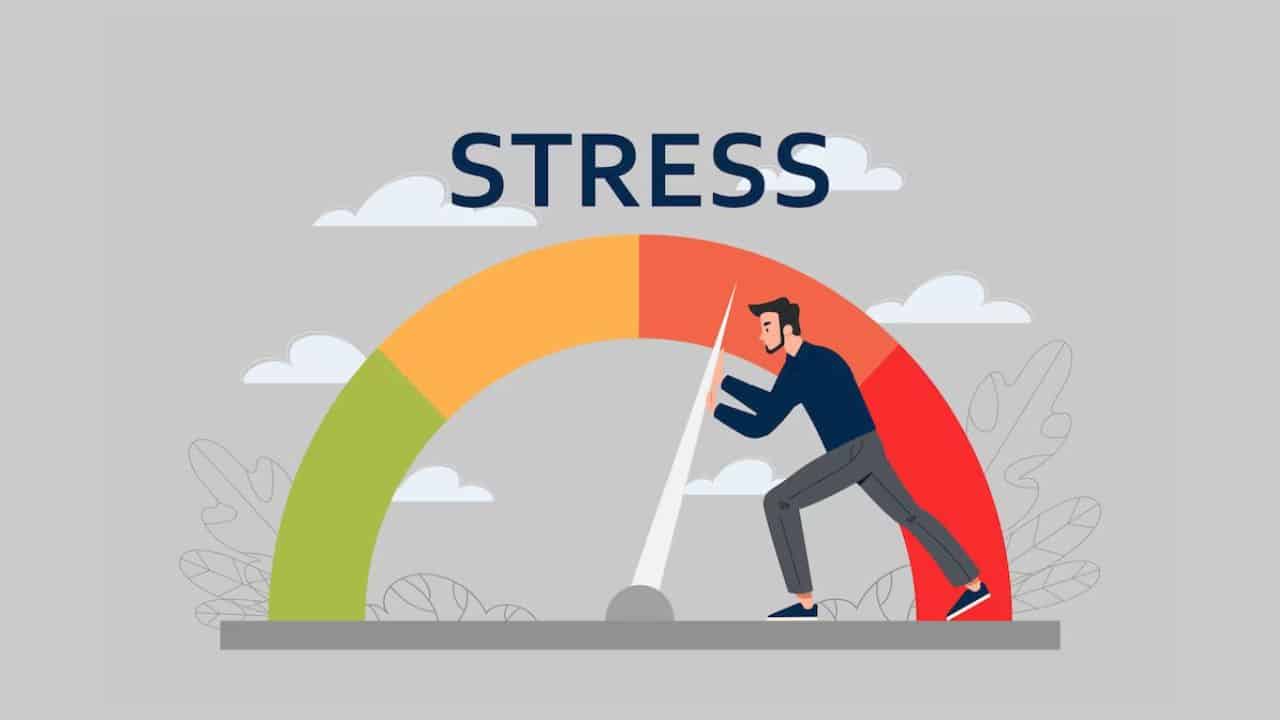Navigating the modern world often feels like treading turbulent waters. With innumerable tasks demanding our attention daily, managing stress becomes an integral part of maintaining overall health. Similarly, In the bustling lifestyle of Pakistan, from the crowded streets of Lahore to the tranquil beauty of the northern areas, stress is a ubiquitous experience.
The challenges of managing various personal, professional, and societal demands often lead to an increased burden of stress. Left unchecked, stress can wreak havoc on our mental and physical health. A recent report from the Pakistan Psychological Society states that about 34% of Pakistan’s population suffers from stress-related disorders.
This comprehensive guide explores stress, its effects on our bodies and minds, and practical strategies to manage it effectively.
Comprehending Stress: The Dynamics of the Mind-Body Connection
Stress, an instinctive response to challenging situations, can become a chronic problem in the face of persistent hurdles. This response, while beneficial in short spurts, can lead to serious health complications if prolonged. As Pakistanis navigate the complexities of daily life, from socio-economic issues to personal struggles, the prevalence of chronic stress grows.
The Physical Implications of Chronic Stress
According to a study published in the Pakistan Journal of Medical Sciences, chronic stress can lead to a multitude of physical symptoms, including headaches, sleep disturbances, and digestive problems. In severe cases, it can contribute to conditions like high blood pressure and heart disease, the latter being responsible for 19% of deaths in Pakistan, according to the World Health Organization (WHO).
In the backdrop of Pakistan’s specific challenges like population density, traffic congestion, and socio-economic disparities, chronic stress can lead to a wide range of physical symptoms. These may include fatigue, headaches, sleep disturbances, and digestive problems. In severe cases, it can contribute to conditions like high blood pressure and heart disease, the latter being responsible for 19% of deaths in Pakistan, according to the World Health Organization (WHO).
Unmasking the Mental Consequences of Stress
Alongside physical symptoms, stress also impacts mental well-being. The Mental Health Atlas by the WHO reports that nearly 50 million people in Pakistan suffer from some form of mental disorder, many of which can be attributed to chronic stress. Symptoms can include anxiety, restlessness, irritability, and without proper management, these can develop into more severe conditions like depression and anxiety disorders. Recognizing these symptoms is crucial to seeking early help and preventing these conditions from escalating.
Empowering Your Body: Stress Management Techniques for Pakistani Individuals
When it comes to empowering your body against the deleterious effects of stress, a multi-pronged approach is most effective. The World Health Organization (WHO) recommends a minimum of 150 minutes of moderate-intensity exercise per week. Physical activities, whether it’s a cricket match, a jog in the local parks, or traditional exercises like yoga, can all stimulate the production of endorphins, our body’s natural stress-relievers.
Nutrition also plays a vital role in managing stress levels. As highlighted by a study in the Pakistan Journal of Nutrition, maintaining a balanced diet is crucial for stress resilience. Including a variety of local fruits, vegetables, lean proteins, and whole grains can bolster your body’s defenses against the physical symptoms of stress.
Sleep, another cornerstone of physical well-being, is often disrupted by chronic stress. The Pakistan Sleep Society emphasizes the importance of 7-9 hours of sleep per night for optimal health and stress management. Establishing a regular sleep routine and creating a sleep-conducive environment are essential steps towards this goal.
In addition to these, adopting relaxation techniques such as deep breathing exercises, progressive muscle relaxation, and guided prayers can help reduce the physical manifestations of stress, promoting a state of physical calm and relaxation.
Promoting Mental Resilience: Stress Management Techniques
Equally important is the mental dimension of stress management. Various evidence-based strategies can be employed to combat mental stress and build psychological resilience. Mindfulness and meditation, practices endorsed by the Mayo Clinic, can promote a calm mind and reduce anxiety. By helping you focus on the present moment, these techniques can alleviate the mental distress associated with excessive worrying about the past or the future.
Cognitive Behavioral Therapy (CBT), according to a report from the Pakistan Psychological Society, is a powerful tool in the arsenal against stress and anxiety disorders. By helping identify and reshape negative thought patterns, CBT allows for a healthier perception of stressful situations and equips you with effective coping strategies.
In the context of Pakistan, where a strong sense of community is a fundamental part of the culture, social connections can serve as a vital support system during stressful periods. Building and maintaining strong, positive relationships can help you navigate stressful situations more effectively.
Journaling, too, can serve as a therapeutic outlet for stress. A study published in the International Journal of Psychology and Behavioral Sciences highlights the benefits of regular writing about thoughts and feelings as a way to understand stressors better and manage them more efficiently.
Understanding and managing stress is crucial for maintaining overall health, especially in Pakistan, where unique challenges can contribute to increased stress levels. Implementing practical strategies to handle stress can significantly improve the quality of life.
If stress becomes too overwhelming, remember that seeking professional help is a strength, not a weakness. Organizations like the Pakistan Association for Mental Health are available to provide support, helping you to navigate these challenges and cultivate a healthier, happier life.



























